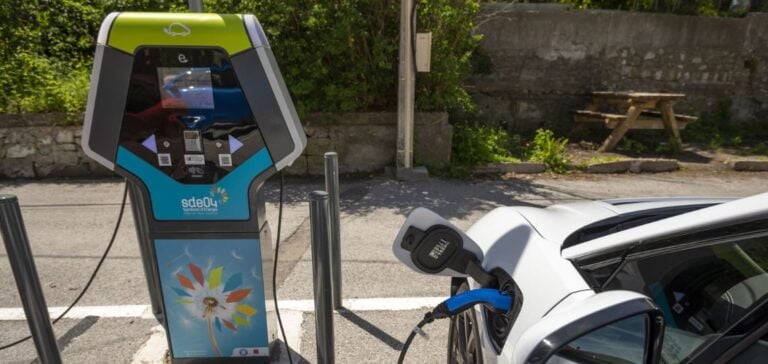The electric vehicle charging station sector has been booming in France in recent years, driven by public policies in favor of sustainable mobility. With an ambitious target of 400,000 recharging points across the country by 2030, compared with just over 100,000 at present, this fast-growing market raises crucial issues of competition and transparency for consumers.
Widespread pricing opacity denounced
In an opinion published on Tuesday, the French competition authority (Autorité de la Concurrence), which is responsible for ensuring that competition operates smoothly, points the finger at a “particularly high level of pricing opacity” in the market for electric charging stations. According to the institution, consumers face a “major information deficit” when it comes to top-up tariffs, making it virtually impossible to compare prices. The Authority highlights the multiplicity of charging methods offered at the same terminal (with or without subscription, depending on the operator), the various pricing parameters (per minute, per kWh, additional charges), as well as the variables linked to the terminal’s power and the vehicle’s characteristics, all of which contribute to this financial opacity for the user.
Recommendations for restoring transparency
In order to re-establish greater tariff transparency, the key to fair competition, the Autorité de la concurrence has drawn up no fewer than 40 recommendations for public authorities, regulators and industry players. Among its main recommendations, it calls for a single kilowatt-hour (kWh) charge for recharging, and for tariffs to be transmitted and updated in real time in an accessible government database. The Authority also suggests rapidly experimenting with the display of refueling prices upstream of stations and at main freeway entrances, along the lines of what is done for traditional fuels.
Consumer information is of paramount importance
Although increased tariff transparency could theoretically increase the risk of anti-competitive practices such as price collusion between operators, the French Competition Authority believes that consumer information must take precedence in this emerging sector.
It therefore recommends that, at the end of each recharging session, terminal operators be obliged to display instantly and clearly the price actually paid by the electric vehicle user directly on the terminal.
For the Autorité, these measures in favor of greater transparency are essential to “restore consumer confidence” and promote the healthy development of this strategic market for the energy transition.






















